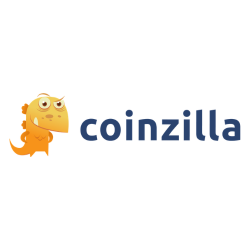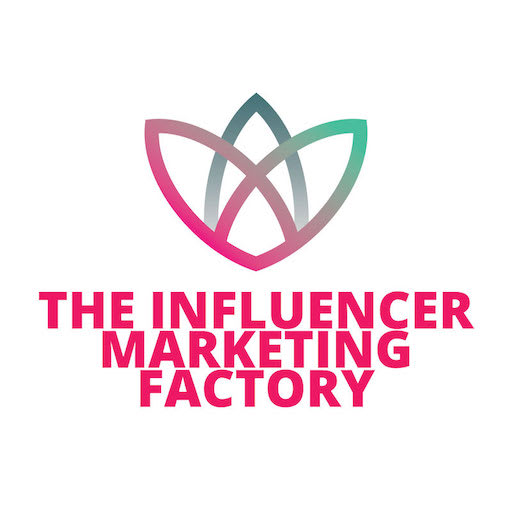Dive Brief:
- The Trustworthy Accountability Group (TAG), an anti-fraud industry initiative, released a new study that found that efforts against ad-supported content piracy have helped reduced those sites' revenue by 48% to 61%, per a press release made available to Marketing Dive. The industry-wide problem of infringing content is a $2.4 billion issue.
- The study, titled "Measuring Digital Advertising Revenue to Infringing Sites," noted that digital ad revenue linked to infringing content was estimated at $111 million last year, with 83% coming from non-premium advertisers. If the industry hadn't taken steps to address the problem recently, the pirate sites could have earned an additional $102 to $177 million.
- Marketers and platforms are combating content piracy sites by looking more closely at contract wording from the buy side and leveraging monitoring lists at multiple levels to block ads being served to those sites, among other strategies.
Dive Insight:
Ad fraud is an ongoing concern in the digital advertising, but TAG's latest report shows significant progress has been made in 2017 as advertisers more closely scrutinize the digital media space. Some of this might stem from call-to-actions from major industry players including Procter & Gamble, and also the discovery of major bot farms including the Russian operation deemed "Methbot" that was first reported on late last year. Content piracy websites are not only a source of ad fraud by nature, they're also often a hub for additional fraudulent tactics like clickbot fraud and malware distribution that helps build on those armies of bots.
By following the money, TAG aims to identify and cut revenue streams to sites that profit from digital piracy. Until recently, the industry has generally lacked a centralized standard surrounding how to address the issue, which only gave more space for bad actors to do damage. Ad fraud inevitably costs marketers, of course, but it also creates a bad user experience for consumers, which is one reason why ad blocking technology has become so popular.
TAG has been fighting ad fraud since 2014 and has support by major advertising brands, ad agency holding companies and law enforcement including officials from the U.S. Department of Homeland Security, FBI and Department of Justice. This April, the Interactive Advertising Bureau announced it would require all of its 463 general member publisher and technology companies to register with TAG. To comply, IAB members have until June 1, 2018, to obtain TAG registration, verifying them as legitimate participants in the digital advertising industry.












